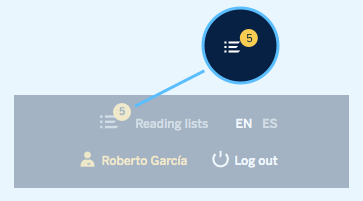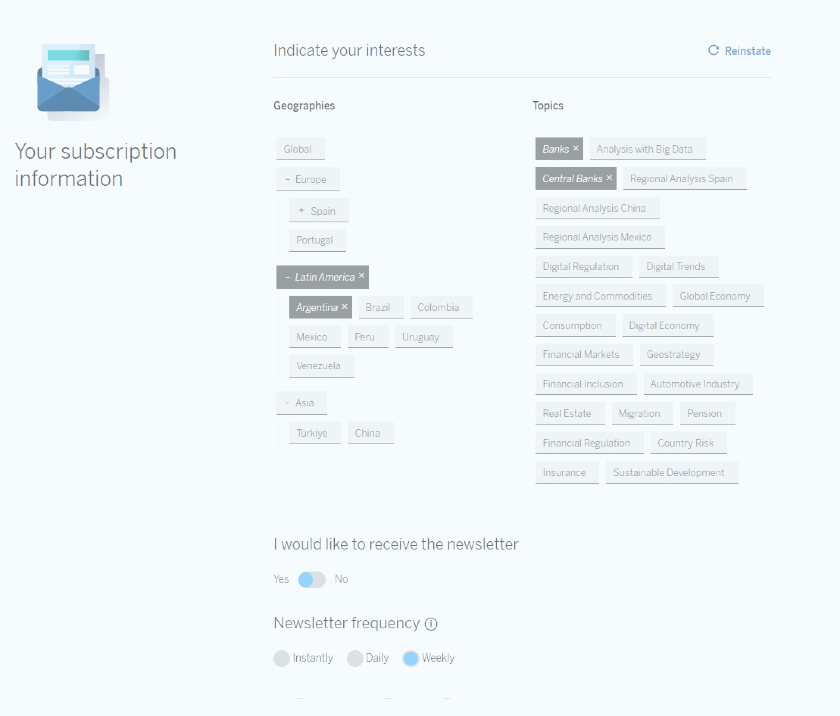January 27, 2025
Global | The impact of IA on employment and productivity
Artificial intelligence (AI) aims to transform a multitude of fields of knowledge, emerging as a general-purpose technology (GPT). In terms of productivity, economic growth, and the labor market, the effect of AI is limited at present, and there is extensive debate regarding its future impact.
- Types of files Downloads:
- Files







